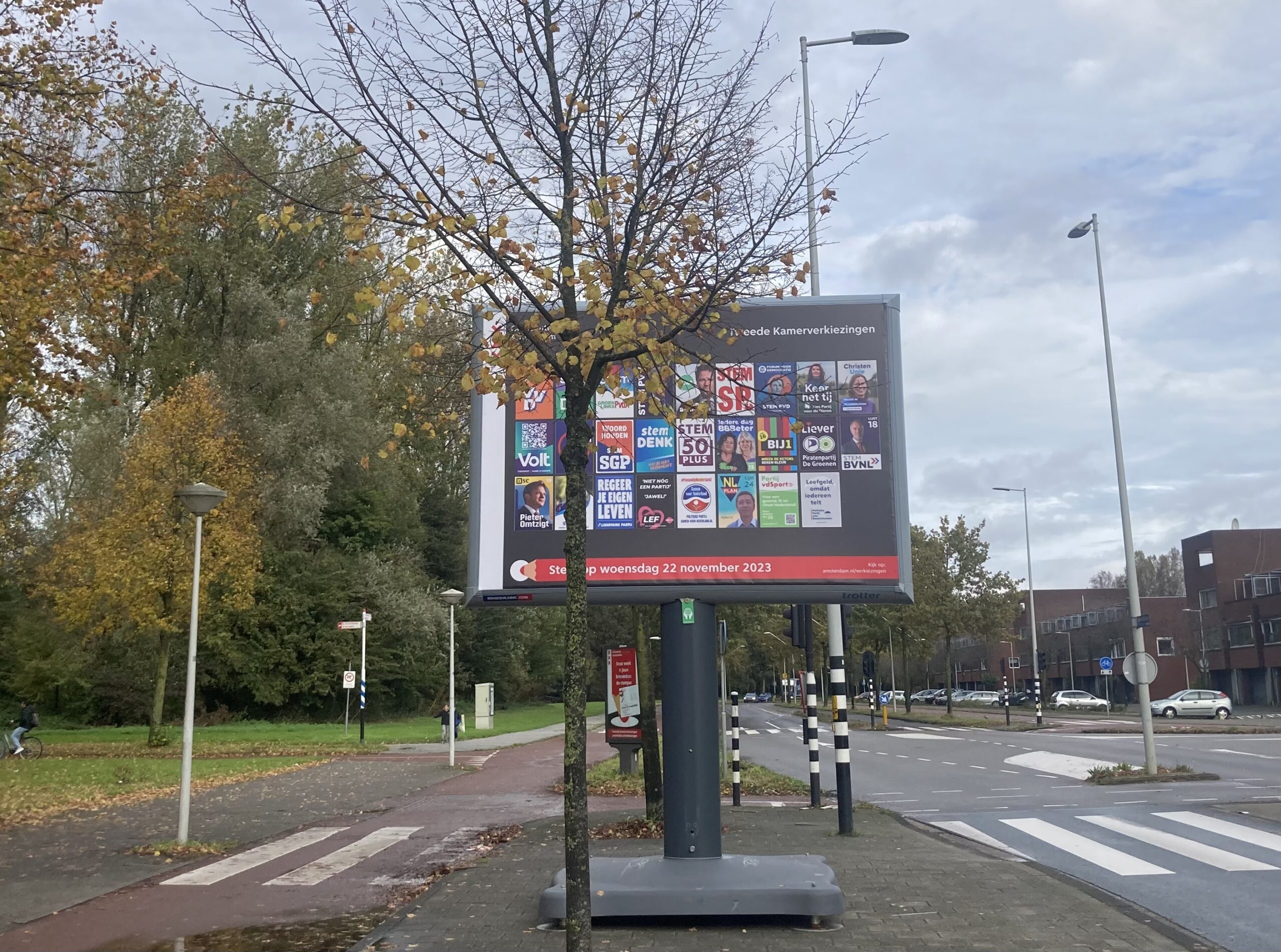Cabinet collapse: What happens next and when is the election?

The collapse of the right wing Dutch coalition government – an alliance between the VVD, PVV, BBB and NSC – means the Netherlands will probably hold new elections over two years early, given a cabinet term in the Netherlands is four years and the last election was held in November 2023.
In principal, the three remaining coalition partners could decide to continue as a minority cabinet, or there could be a new “formation” process, to replace the PVV with another party. Neither option is likely and that means new elections will take place after the summer break.
The current ministers – but not the PVV ones – will stay on in a caretaker capacity (demissionair in Dutch) until a new coalition has been put together after the general election, a process which may take months.
During that period, they do not deal with any legislation which parliament has deemed to be “controversial”. MPs will draw up a list of issues in the coming days.
In Dutch electoral law an election must take place within three months of the formal decision to dissolve parliament, excluding recesses. In addition, election officials must make sure there is enough time for parties to register and find candidate MPs, for Dutch nationals abroad to sign up to vote and for local authorities to organise everything.
When the last cabinet fell in July 2023, the elections did not take place until late November that year. That means October is a likely date this time round.
In Dutch electoral law, there is a maximum 43-day period for the formal campaign and vote itself. Eight days after the election, the new parliament will meet for the first time.
Creating a coalition
Once the votes have been counted, the actual process of forming a new government can begin.
With a majority government requiring at least 76 of the 150 seats in parliament, forming a coalition can be a tricky business. The current cabinet took a record 223 days to put together.
Firstly, the leaders of all the parties which have won seats will meet parliamentary chairman Martin Bosma to decide who should be the verkenner – a senior statesman or women who looks into possible government coalitions in the days after a general election.
The verkenner holds talks with party leaders to sound them out on potential partnerships.
The parliament will appoint an informateur – the person charged with putting together the tentative coalition.
Once a potential coalition has been identified, parliament names a formateur. The formateur (usually the next prime minister) does the nitty gritty job of putting together a coalition agreement, or regeerakkoord, in which the broad lines of new government policy are set down.
When all that has been finalised, ministers are appointed and the new government is finally sworn in.
Thank you for donating to DutchNews.nl.
We could not provide the Dutch News service, and keep it free of charge, without the generous support of our readers. Your donations allow us to report on issues you tell us matter, and provide you with a summary of the most important Dutch news each day.
Make a donation